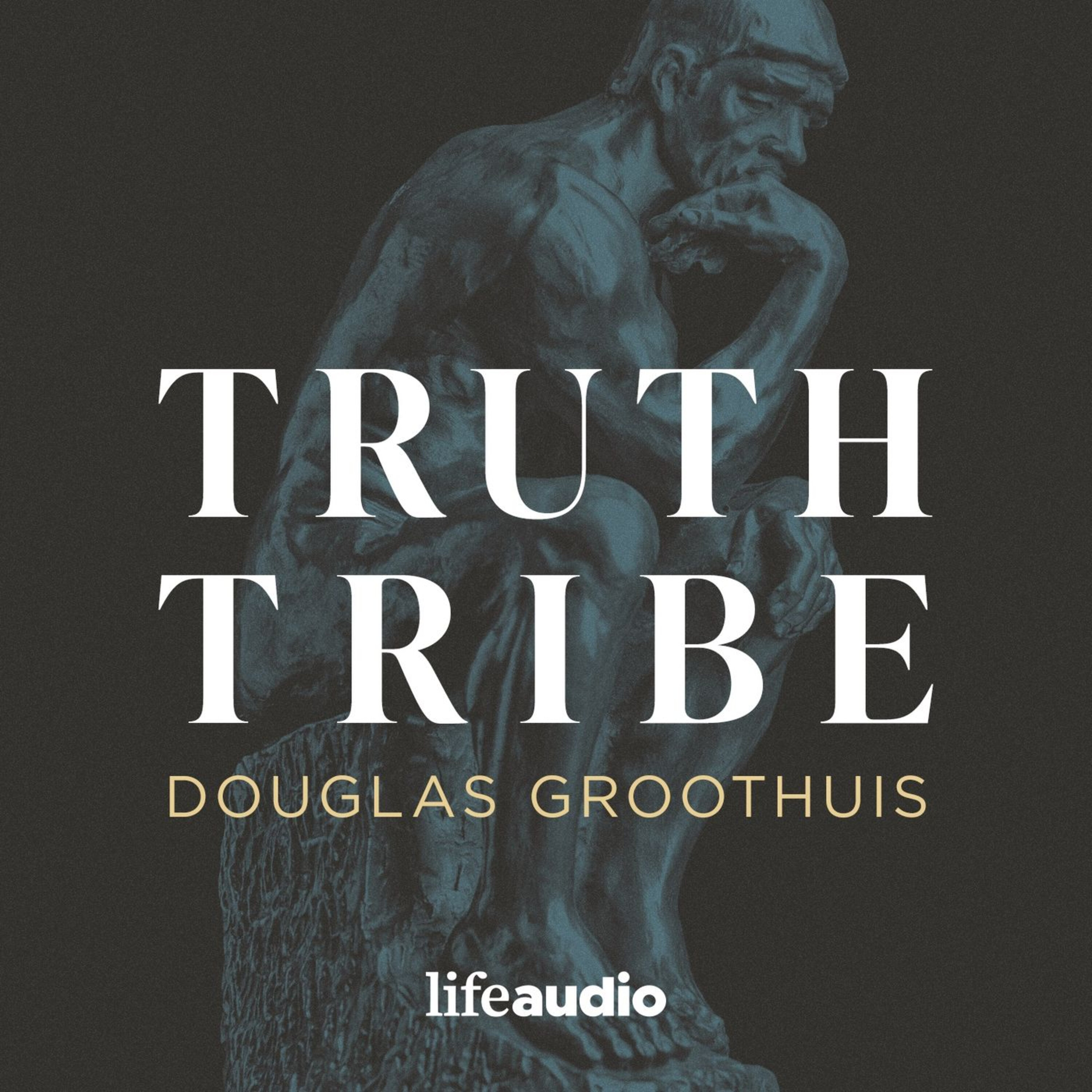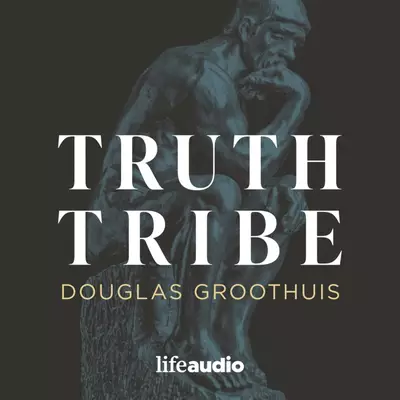Meta-Apologetics: Godly Character and Adventure
October 2, 2023 - 26 min
I. Meta-Apologetics A. Apologetics: Defending the Christian worldview as objectively true, compellingly rational, and existentially pertinent to the whole of life (1 Peter 3:15-6; Jude 3) B. Meta-apologetics: thoughts about how to engage in apologetics, strategies and values. II. The Christian Apologist’s Moral Compass A. All are called to check their moral motives and develop godly characterI strike a blow to my body and make it my slave so that after I have preached to others, I myself will not be disqualified for the prize (2 Corinthians 9:27).Watch your life and doctrine closely. Persevere in them, because if you do, you will save both yourself and your hearers (1 Timothy 4:16).B. Yearn for Kingdom ministry (Matthew 6:33) C. Put yourself second to the ministry; do not promote your brand or ego! Let others compliment you. III. Godly Character A. Humility, not self-promotionThis is a faithful saying, and worthy of all acceptation, that Christ Jesus came into the world to save sinners; of whom I am chief (1 Timothy 1:5; KJV; see also 1 Corinthians 15:9). B. Show love, not strifeAnd the Lord’s servant must not be quarrelsome but must be kind to everyone, able to teach, not resentful. Opponents must be gently instructed, in the hope that God will grant them repentance leading them to a knowledge of the truth, and that they will come to their senses and escape from the trap of the devil, who has taken them captive to do his will (2 Timothy 2:24-26).C. Dependence on the Spirit moment-by-moment (John 15; Acts 1:8). See Francis Schaeffer, True Spirituality. D. Intellectual preparation for apologetics 1. Know your Bible (Psalm 119; 2 Timothy 3:16) and biblical interpretation (2 Peter 3:16) 2. Know biblical and systematic theology to ground your worldview (Acts 17:10-11) 3. Know logic and logical fallacies; how to argue carefully and assess arguments carefully (2 Corinthians 10:3-5) 4. Know your own culture: worldviews and means of communication (technologies) Issachar, men who understood the times and knew what Israel should do (1 Chronicles 12:32). 5. Be above reproach in citing your sources in speaking and writing (Exodus 20:15) 6. Behind all these six principles is the importance of being studious, a good scholar Not only was the Teacher wise, but he also imparted knowledge to the people. He pondered and searched out and set in order many proverbs. The Teacher searched to find just the right words, and what he wrote was upright and true (Ecclesiastes 12:9-10; see 1:17; 8:9, 16).I myself have carefully investigated everything from the beginning, I too decided to write an orderly account for you, most excellent Theophilus, so that you may know the certainty of the things you have been taught (Luke 1:3-4; see also John 21:24). IV. Opportunity and Uncertainty in Apologetics A. Break new ground! It has always been my ambition to preach the gospel where Christ was not known, so that I would not be building on someone else's foundation—Romans 15:20). B. Ecclesiastes 11:1-6 Cast your bread upon the waters,For you will find it after many days.Give a serving to seven, and also to eight,For you do not know what evil will be on the earth.If the clouds are full of rain,They empty themselves upon the earth;And if a tree falls to the south or the north,In the place where the tree falls, there it shall lie.He who observes the wind will not sow,And he who regards the clouds will not reap.As you do not know what is the way of the wind,[a]Or how the bones grow in the womb of her who is with child,So you do not know the works of God who makes everything.In the morning sow your seed,And in the evening do not withhold your hand;For you do not know which will prosper,Either this or that,Or whether both alike will be good (NKJV). C. Calculate effort in relation to effect and chances of success. D. Embrace unexpected opportunities. 1. Paul at Mars Hill (Acts 16-17): unscheduled mission trip before imposing intellectuals. 2. Paul to Timothy Preach the word; be instant in season, out of season; reprove, rebuke, exhort with all longsuffering and doctrine—2 Timothy 4:2 (KJV). V. My Apologetic Surprises, Successes, and Failures A. Surprise: Lecturing at a Baha’i meeting B. Successful attempts 1. Writing On Pascal and On Jesus 2. Doing author events for two of my books at a local bookstore in Denver. Another one flopped (Fire in the Streets). C. Unsuccessful attempts 1. Debate with James K. A. Smith 2. Doing a Buddhist-Christia




